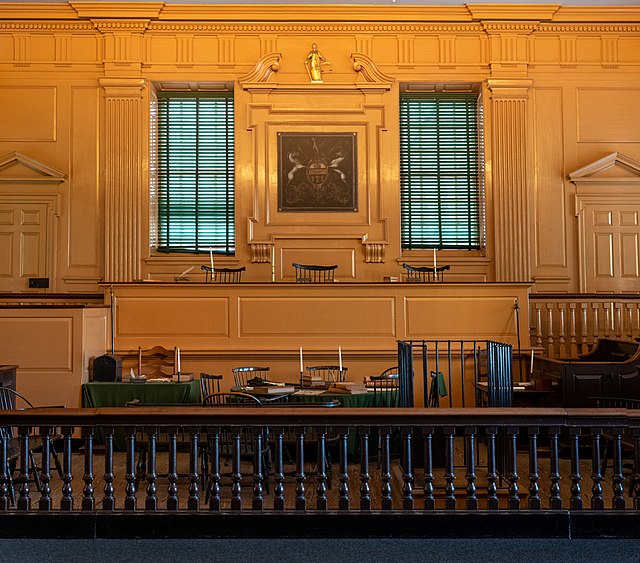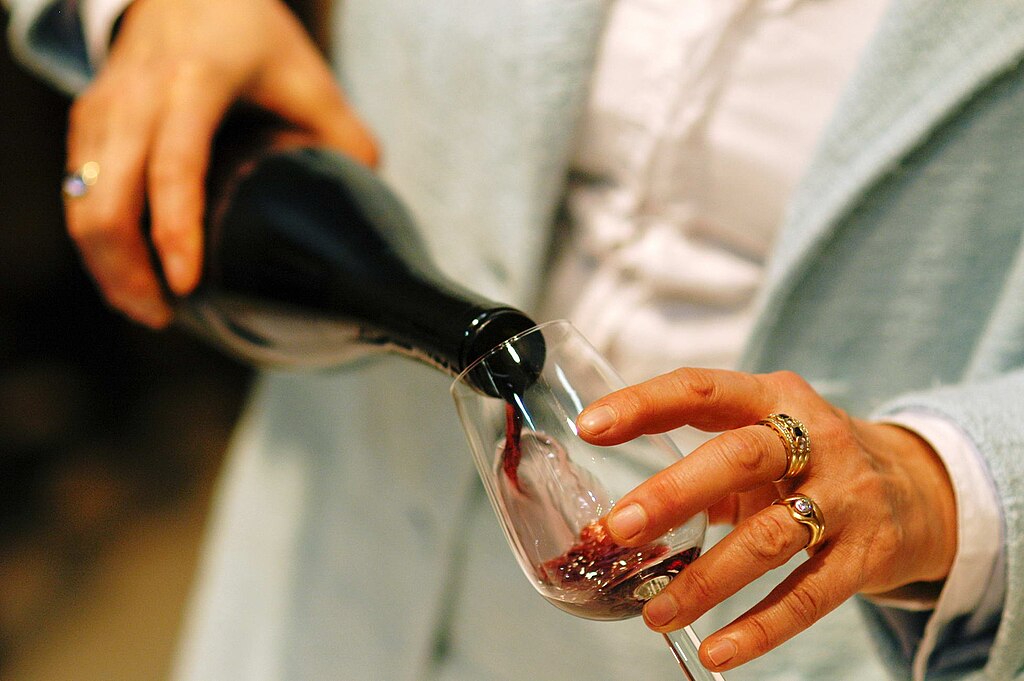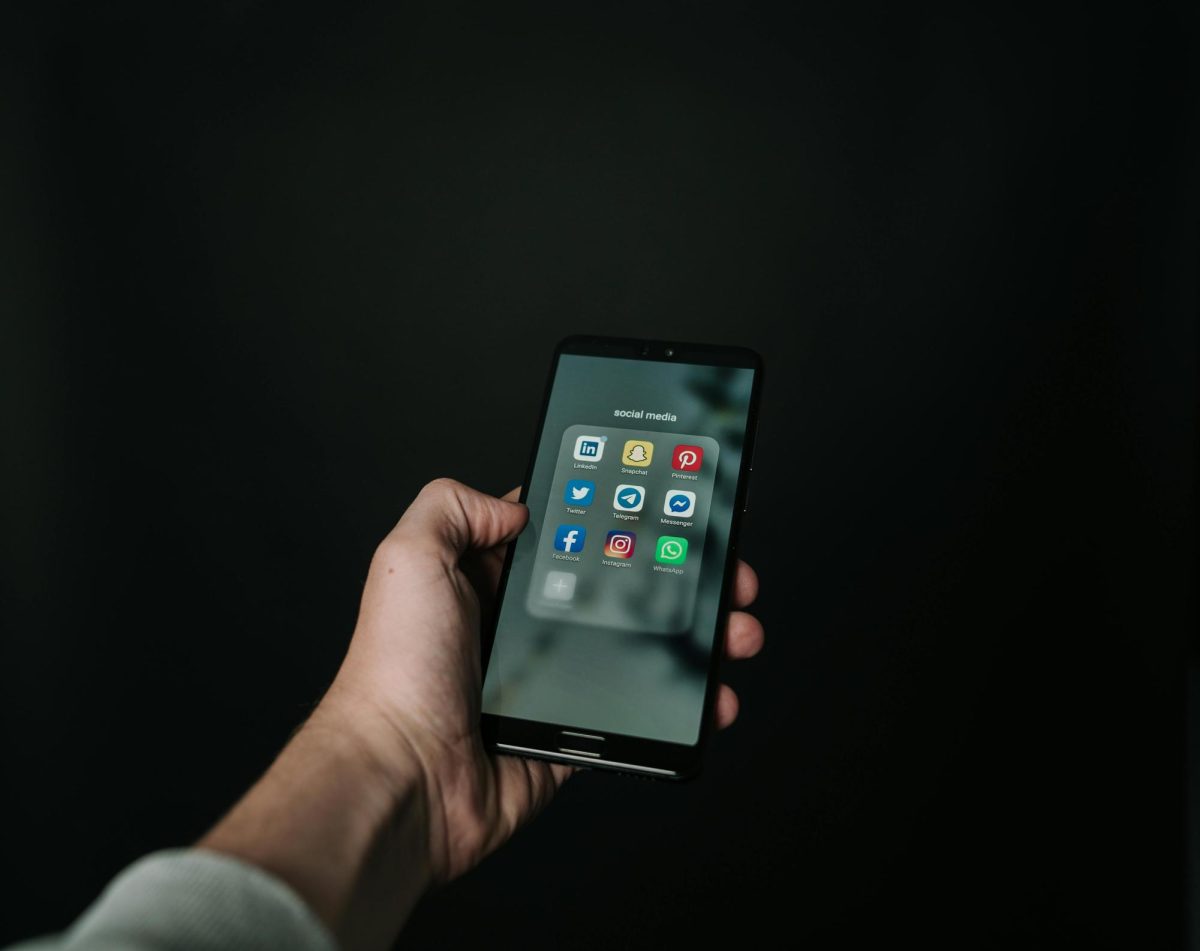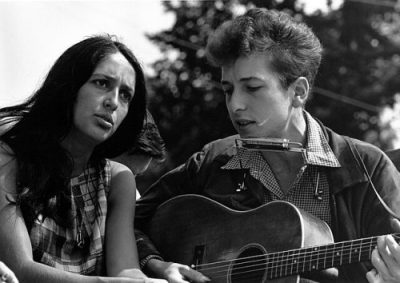In more ways than one, green flags have become the gold standard in modern dating.
Green flags are a way to measure if someone’s “relationship material,” to check if he’s compatible with you, and if she’s worth introducing to the boys.
The catch with this box-checking system is that green flags can often be misleading. Their absence doesn’t necessarily mean something’s wrong, and their presence doesn’t exactly mean something’s right.
The overvaluation of green flags might just be what’s pulling this generation away from learning what a real, healthy relationship looks like.
Due to movies and social media, we often have this idea that our partners will always do the things we want because they want to. Sometimes it might not be a default setting, but love is about adjusting and doing things you probably wouldn’t do otherwise.
Consider constant texting as an example. For some, it’s natural to text their partners 24/7; for others, it’s not. The absence of this behavior isn’t a red flag, and the presence of it isn’t necessarily a green flag—it’s simply a habitual thing.
The green flag of true value is when someone who isn’t used to frequently texting makes an effort to communicate more because it matters to their partner.
I remember a conversation I had with my dad not too long ago. He told me about how, when he first met my mom, he used to love listening to loud music, but she hated it.
So, he made the decision to turn the volume down because he understood that it was something very important to her. And by doing this, he demonstrated the greatest green flag —not that of coming preset to fit my mom’s needs, but that of being willing to compromise, and of being willing to be changed.
It must be noted that there is a line. If someone is forcing you to change core aspects of yourself, to give up the things you love, to distance yourself from loved ones, that’s not healthy.
The change I’m talking about is that which comes from both people, willingly, as a necessary action towards growing together. And while this idea might seem counter to the mainstream thought of “if you have to change for someone, they aren’t the right one,” to me, a truly good relationship isn’t about finding someone who you fit perfectly with right away (that’s impossible); it’s about finding someone who’s willing to put the work in, who’s willing to grow together, and to change together.
No healthy relationship comes pre-assembled. We all have flaws, and a successful relationship isn’t attained by finding someone without any; it’s about finding someone who’s willing to grow with you.
A real, healthy relationship is built on effort, compromise, and understanding. It’s not about checking off boxes, but about making sure that the boat stays afloat—together.









